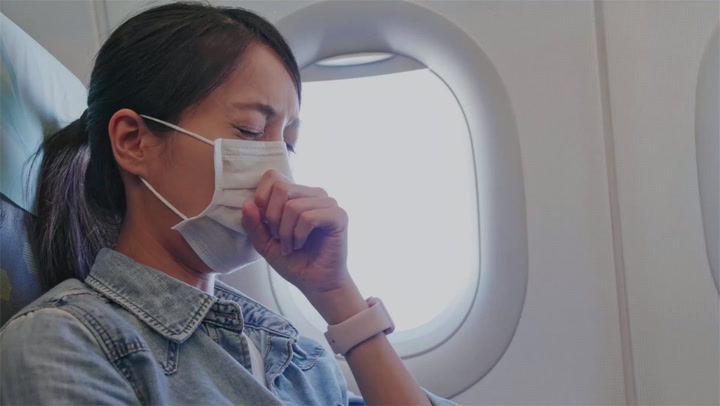1. Importance of Sleep for Immune Health
2. Study Findings
3. Practical Tips for Sleep on Flights
There’s no way to avoid germs entirely while traveling — however, scientists say getting some shut-eye might be the way to ensure your body is better prepared to take them on.
A study published in February 2019 in the Journal of Experimental Medicine asserts that T cells, a type of white blood cell, are “critical to the body’s immune response,” and that they are better equipped to do so in individuals who get enough sleep.
:max_bytes(150000):strip_icc():format(webp)/airplane-aisle-GERMS0219-2d1f110897f1414e877e214c0592beff.jpg)
Scientists are still learning how proper sleep contributes to staying healthy. A study published in February 2019 in the Journal of Experimental Medicine confirms that T cells play a vital role in the immune response.
The researchers explored a group of signaling molecules known as “Gαs-coupled receptor agonists.” These molecules can suppress the immune system, and whether or not they inhibit T cells’ ability to fight infections was previously unknown.
To investigate this interaction, the researchers collected samples from one group of volunteers who enjoyed a good night’s sleep and another group that stayed awake all night. They found that the T cells from those who had rested displayed significantly higher levels of “integrin activation” compared to those who were awake. Consequently, this suggests that these sleeping cells were more effective at attacking virus-infected cells, thereby preventing illness.
“Our findings demonstrate that sleep has the potential to enhance the efficiency of T cell responses, which is particularly crucial considering the high prevalence of sleep disorders and conditions such as depression, chronic stress, aging, and shift work,” stated lead author Luciana Besedovsky.
2. Study Findings
So, what does this mean for your health while traveling? It signifies that during your next red-eye or international journey, you should turn off your television, close your computer, and perhaps wear some noise-canceling headphones to ensure that you get adequate rest. This way, your T cells can effectively work to protect you from your seatmate’s coughs, sneezes, and other potential illnesses.
3. Practical Tips for Sleep on Flights
If you want to achieve a good night’s sleep on a plane, try packing a “sleep kit,” which includes headphones, a sleep mask, and a blanket to keep you warm and cozy, regardless of the distance you’re flying. By doing so, you can wake up refreshed and ready to explore your final destination.




